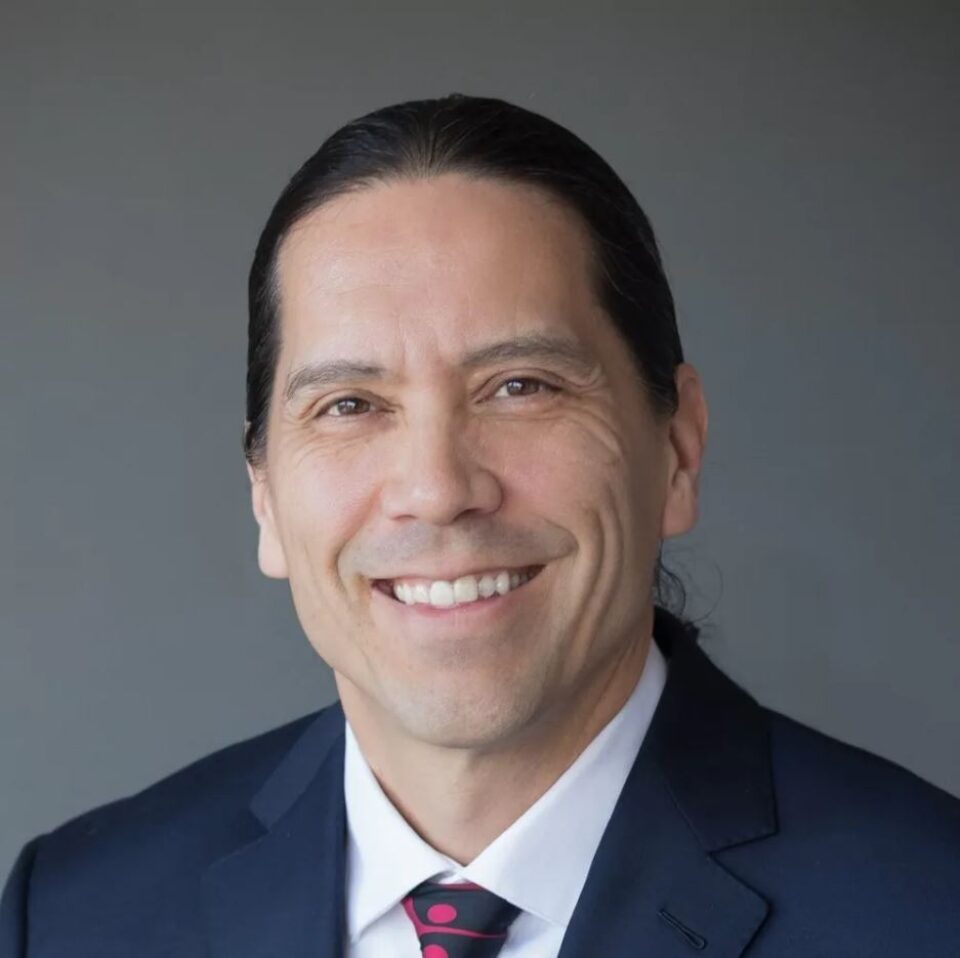Crystal Nicholas, president and interim general manager of Wskijnu’k Mtmo’taqnuow Agency Ltd.
“Infrastructure is essential for Indigenous reconciliation as it promotes access to basic services, reduces disparities, supports economic development, preserves culture, empowers self-determination, and fosters trust-building between Indigenous and non-Indigenous communities.”
Bill Lomax, CEO of the First Nations Bank of Canada.
“Infrastructure is the cornerstone for nation building. The ability to grow an economy and build a thriving community requires basic infrastructure to meet critical needs like bringing in groceries on reliable roads or creating the ecosystem for business growth. This is true for Indigenous and non-Indigenous communities alike, good infrastructure increases access and facilitates business, both of which help with economic and social parity.”
Sean Willy, President and CEO of the Des Nedhe Group.
“At the core, reconciliation is about acknowledging and making amends for historical injustices and building a future based on partnership and respect. When we invest in robust infrastructure in communities, we create a foundation for self-determination and a better future for generations to come. This includes essential services like education, healthcare, energy, technology, and housing, all of which are key for resilient, healthy communities.”
Matt Jamieson, CEO of the Six Nations of the Grand River Development Corporation.
“Infrastructure like adequate housing, adequate roads, adequate drinking water, are facilities that all lead to a healthier society as a people. And the more that you're healthy and vibrant, the more that you can be progressive in thinking and pursue new opportunity.”
Chief Sharleen Gale, CEO of the First Nations Major Projects Coalition.
“Projects ranging from water and sewer infrastructure to community centers and roads and buildings and houses are all the basics upon which we can build our Indigenous economies, businesses, livelihoods, and to raise our families. This community infrastructure – alongside economic opportunity, own-source revenues, consent-based decision making, and self-determination - are what make up the backbone of how we support future generations for our Indigenous nations to flourish. That is why infrastructure is important for Indigenous reconciliation.”







